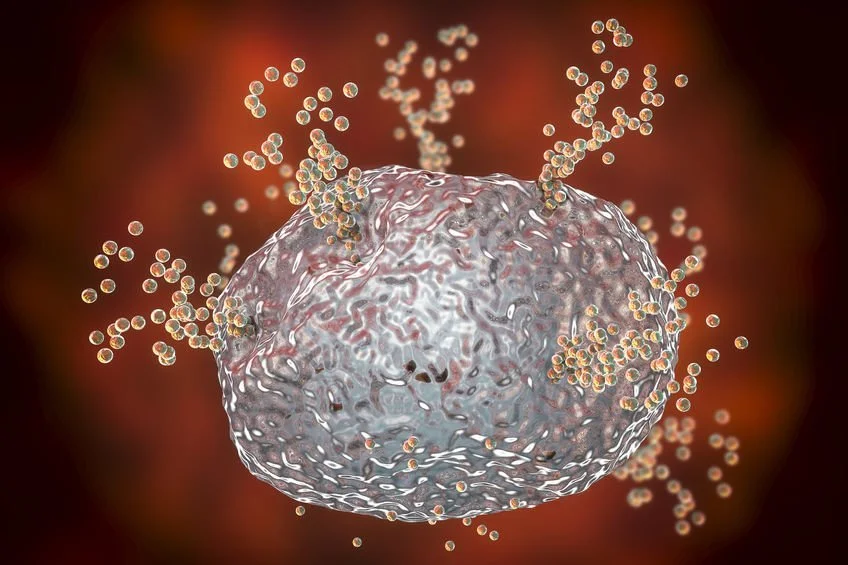Nutrition Therapy for
Mast Cell Activation Syndrome
What is Mast Cell Activation Syndrome?
What is Mast Cell Activation Syndrome?
Mast Cell Activation Syndrome (MCAS) is an immune condition prevalent in 20-25% of clients who suffer from eating disorders, and up to 20% of the general population. In response to certain environmental stimuli, including stress and food, MCAS can manifest in symptoms across most organ symptoms and can be confused with other conditions like IBS and mood disorders.
It is important to know the signs of MCAS to effectively treat both it and the eating disorder simultaneously to improve treatment outcomes and reduce client suffering. MCAS often presents in conjunction with others conditions like hypermobility disorders (i.e. Ehler’s Danlos Syndrome) and dysautonomias (i.e. POTS). To learn more about MCAS, click here.
What are potential Mast Cell Activation Syndrome symptoms?
MCAS Symptoms*:
-Abdominal pain, bloating/gassiness, diarrhea, constipation, vomiting
-Fibromyalgia-like joint and muscle pain
-Skin rashes, hives, itchiness, sensitivity to artificial ingredients and dyes
-Neurologic conditions including mood changes, anxiety, fatigue, OCD-like thoughts and behaviors
*This is not a comprehensive list
How can Amy help treat Mast Cell Activation Syndrome as an Eating Disorder Registered Dietitian Nutritionist?
How can Amy help?
Through supervision, self-study, and working under the guidance some of the top MCAS specialists in the country, Amy remains up-to-date on the latest research and evidence-based interventions for MCAS support. She also relies on her clinical experience working with a wide variety of MCAS clients, including those who suffer from common co-occurring conditions like hypermobility/EDS and dysautonomias/POTS.
It is her clinical experience, coupled with her unique niche serving the intersection of MCAS and Eating Disorders, that renders Amy able to understand the nuances of treating these conditions, and appreciate the complex physical and emotional presentation of each individual client.



